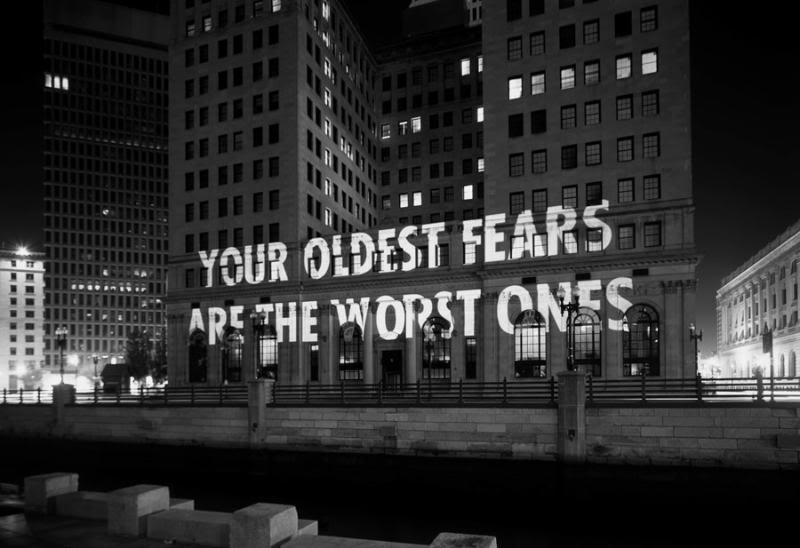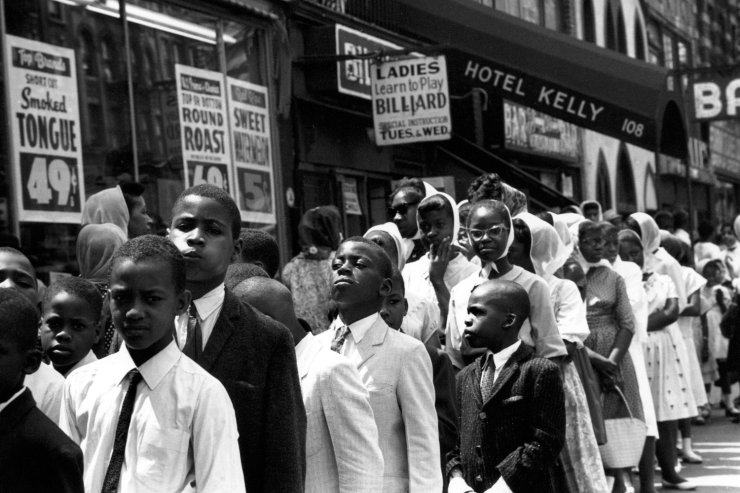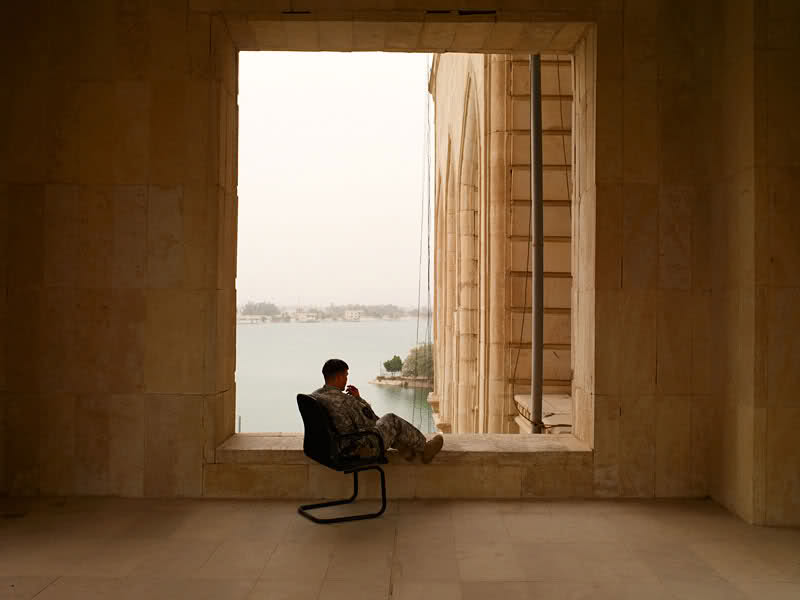Digesting the Dharma 3: Waking Up to Relationship by Simone Moir (October 15, 2013/notes/amendments by Mike)
Community
I’d like to speak directly to you as a community tonight. I apologize in advance to those who are new if this approach causes you any confusion. I admit that what I have to offer tonight may be more open-ended and less directed than a dharma talk proper.
Proper? We won’t be proper?
He’s Leaving
Several little birds from this community contacted me recently to say that they needed time to process their feelings around Michael (Stone)’s recent announcement of his plans to move to Vancouver in a year’s time. So with this in mind I’d like to share with you how dharma practitioners throughout time have worked with and woken up to these kinds of challenges by viewing relationships with a sacred outlook. And then I’d like to offer some space for you to share from your experience.
I come to Centre of Gravity mostly because I am interested in you. The people who enter these doors have some particular qualities. I come here to surround myself with people who are curious, engaged in self reflection – inquiring into how our actions impact others, ourselves and the world. And are looking for, or practicing ways, to lessen the suffering of our world starting with addressing their own habits of aggression. Does this sound like you?
I’ve just returned from Vermont where I was studying Dzogchen with Dzigar Kontrul Rinponche. These teachers were at one time the highest of Tibetan Buddhism wisdom and instruction. And for that reason they were secret. Only after years of committed and arduous practice would such teachings be shared. The rigorous path of the practitioner was considered a necessity to guard the preciousness of the wisdom so that it could not be misused, misunderstood, misapplied. Missed. However in the last thirty years many of these teachings have made it into the public domain as teachers address both the displacement of Tibetan wisdom from Tibet due to the Chinese occupation, and also because of conditions in the west, the newest home of the dharma.
Spiritual Materialism
Dzigar Kontrul spoke extensively this past weekend about our waning ability in this society to be confident in the teachings. He also said we have a tendency to collect “aha” moments which he referred to as intellectual insights which lead us astray and short circuit the path of realizing our true nature, sometimes thought balloons swap the way for self-satisfaction. Chogyam Trungpa, whose teachings I have been studying for over a decade now, refers to this approach as spiritual materialism. It can be difficult not to replay the dominant habit form of materialism, and apply it to spiritual practice. Acquisition, accumulation, abstraction, me-centered wayfaring.
Wisdom
This kind of “aha” is like candy to us and might be contrasted with “wisdom.” Wisdom, he explained, has the quality of a light illuminating a dark room, so that you can see what is already in the room. We use the technique of meditation to illuminate our minds (and all the stuff that is happening there) so that our essential, awakened nature can shine through. The Buddha doesn’t invent Buddha nature, she or he discovers what is already there. You don’t wake up to something else, you wake up to this, to this moment, where you are now. Wisdom, unlike intellectual knowledge, is experiential and non-conceptual.
Unlike intellectual knowledge, our relationships bring us quickly towards our feelings. Relationships present a hotbed of emotions and urges that so often get us into troubling places. Relationships connect us with the teachings of the dharma in a personal and experiential way.
Book Dance
It’s so easy for us to “dance on the books,” as Rinpoche put it. We objectify our spiritual practice in much the same way that we aggress ourselves and others with our view and our preferences. We get ahead of ourselves. We anticipate and plan and project. We get behind ourselves. We drag the past into the present. We seek to fill up on status, identity and value, collecting experiences or people.
How do we transform our aggression and self interest and wake up? Looking closely into our own habits and behaviours we can find the seeds of our own greed, hatred and ignorance. This is the first step on the path and we do this through the practice of meditation. From there we can see the roots of all worldly problems right in our own minds. The difficulty is not simply over there, the war is not happening on the other side of the world, but the other side of our own body, our own mind. We don’t need to look any further than our own lives, or our own faces, to undertake a deep study of the world’s problems. Our lives provide the perfect field for our research. Tonight I’d like to consider how we can turn the lens of our awareness toward our relationships and see how they can wake us up.
We don’t wake up on our own because we don’t live by ourselves. No one is an island, living in their own world. Perhaps all we are, is relationships. Other people, other animals, other sentient beings, wake us up. What happens when we resist others? What happens when we embrace what they show us?
Buddha
Whenever we hear stories of the Buddha’s enlightenment, the Bodhi tree is always mentioned. Why? Because without the tree there is no enlightenment. The Buddha woke up to relationship. There is no essential, everlasting self that exists like a God apart from the world. Instead, we are always arising and passing away in ever changing conditions.
In the broadest sense, relationship is how we come into contact with our world. We only know ourselves through others. Before the invention of the mirror, we came to know our faces by looking at our parent’s facial expressions reflecting us back to ourselves. Who am I is equals who are we. We came to know strength as our bodies pushed against the contact of the earth and surrendered to the weight of gravity. We’ve never experienced anything outside of relationship.
Me-Plan
How many thoughts did I have today which began with the word “I”? Oh there I am again, thinking about myself. For most of us, our habits drive us to recreate the world as if it were created so that we could experience it. We imagine that our happiness is dependent on getting what we prefer. This is especially true when it comes to relationships. What about me? When do I get what I want? When I get the coffee I need, discuss topics that are interesting to me, squeeze in the events I like, afford the styles I want to wear, then life will be good. We plot how to get the best seat in the restaurant, the most attractive partner, the right career. Once I have surrounded myself with the people I like, the views and politics I prefer, food that is good for me and activities I enjoy, only then will I be able to have the time to focus on being a more loving, flexible, peaceful person.
If you examine your actions and motivations carefully, do you harbor this fantasy?
How much of your time and energy goes toward (what Sakyong Mipham calls) the me-plan?
From the point of view of the Buddhadharma getting what you want, however pleasant these experiences may be, doesn’t wake us up (to the great happiness), nor is it the way to secure happiness.
Cocoon
The me-plan, as beautiful as it looks in the plans we’ve drafted, is not a living world. It is dead and stifling. In Shambhala we refer to it as the cocoon. The very behaviours, activities and beliefs that comfort us are also our captors. Our cocoon, our reliable certainties based on the me-world, are both the cause of and the means of perpetuating, our suffering.
The Buddha said that suffering was an endless wheel.
Usually our experience is driven by our desires. It is a goal-oriented process. Everything is done in relation to our competitiveness, ambition, and one-upmanship. This is what usually drives us to become better at what we do. Or else there is the feeling of being not enough, and filling that not enoughness. Our actions are offerings, we throw them into the endless hole of our feeling of not being enough. If I could only finish this book, complete this project, make this dinner, make you smile, then perhaps I could be enough.
The dharma is passionless. It cuts through this small, goal-oriented vision so that everything becomes a learning in process. Then we relate to ourselves properly. What is dharma? Dharma provides support for an expanded view, a view that doesn’t stop with me and myself. It is a sacred outlook, the opposite of our small, goal-oriented views.
So: how do relationships connect us to sacred outlook? We are transformed by relationship, and through relationship we transform our world. Relationships are where we begin. They burst our bubble and cause us to step outside of the cocoon of our preferences. Without relationship we could just stay inside our crystal palace. The rub of relationship, the point of friction with others, is the ground for all personal growth and spiritual development. Relationships reflect back to us wherever it is we need to work. They reflect back to us where we are grasping too tightly to the me-plan. They provide the necessary suffering to wear our ego fixation down and open us up to a greater view, a softer heart, a gentler way of meeting situations.
How do relationships, with all the uncertainty and prickliness they offer, become the path of awakening? Elizabeth Namgyal emphasizes how inquiry (not answers) is integral to the Buddhist approach to meeting the great puzzles of our life. She puts it this way in her book The Power of an Open Question. “How do we live a life we can’t hold onto? How do we live with the fact that the moment we’re born we are closer to death; when we fall in love we sign up for grief? How do we reconcile that gain always ends in loss; gathering, in separation?”
Group
Put yourself in groups of three people. Share about a relationship that challenged you to reconsider, revise, or drop your me-plan. What did you lose? What did you gain?
What has been the rub for you personally in practicing or attending Centre of Gravity? What is one thing you have given up, questioned, or struggled with, in order to be here? What is the one thing that has been gained in the process?





